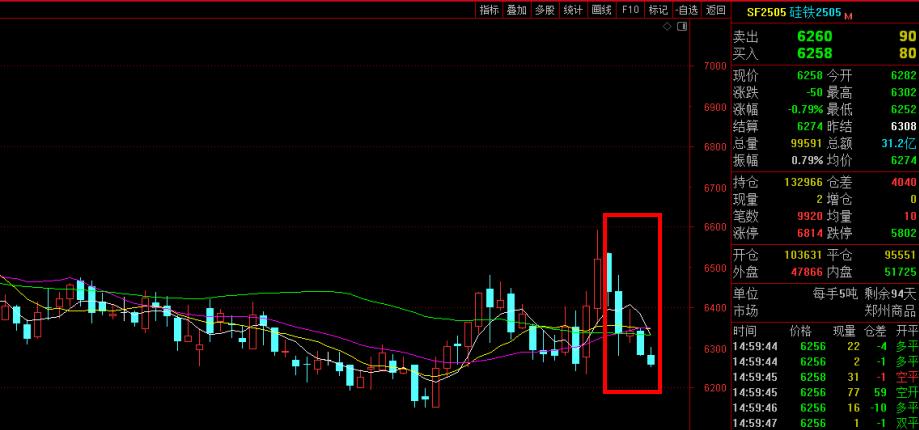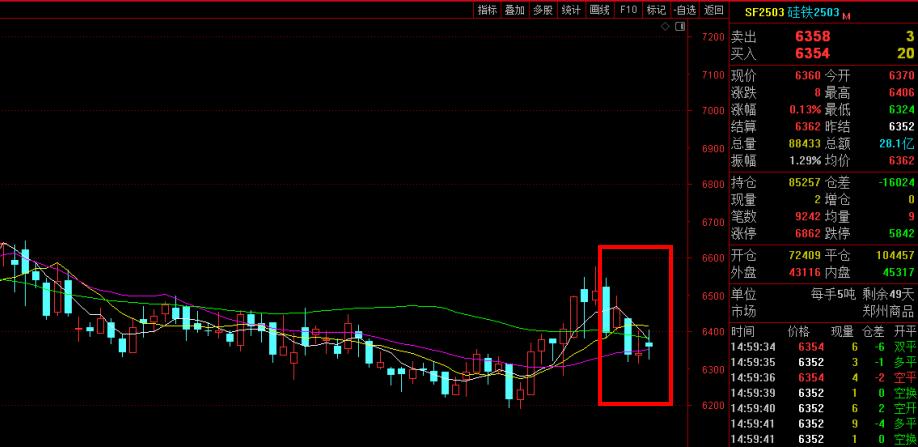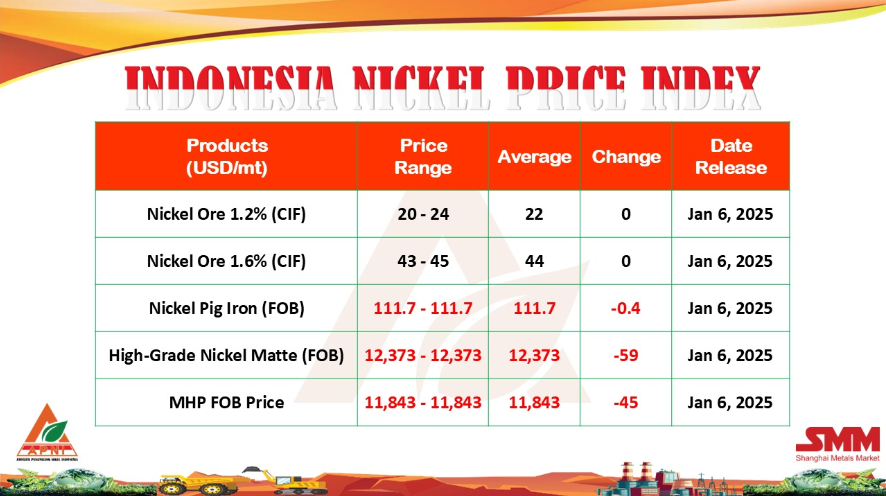[Ferro-alloys.com]China will use fiscal and financial incentives to encourage consolidation in a number of industries, Minister of Industry and Information Technology Miao Wei said on Monday.
In a sign of shifting policy focus, Miao said that instead of mandatory, administrative-oriented consolidation, the industry regulator will do more to create a sounder environment for mergers and acquisitions.
"We should refrain from the heavy-handed approach of the planned economy time, when 'forced marriages' were pushed by the government and violated companies' will," he said. "Instead, we should foster a better environment for M&As."
He proposed a number of possible measures. On the fiscal front, the heavy corporate income tax bill as a result of M&A transactions is one example.
"In the asset valuation process prior to M&A deals, corporates' asset values usually rise. The increased value is subject to a chunk of corporate income tax. We had given some exemptions before on a case-by-case basis. In the future, we should change this to a universal policy," Miao said.
On the financial front, loan terms for M&A should be adjusted. Maturities could be longer, he said.
Also, better arrangements should be made with reference to GDP and fiscal revenue in order to encourage cross-regional consolidation, he said.
Cross-regional M&As in capital-intensive sectors such as steel are extremely difficult, as regional governments are reluctant to let go for fear of losing GDP and fiscal revenue.
Miao made the comments when responding to China Daily's question on whether there will be new consolidation moves for the dairy, rare earth and steel industries. He steered away from elaborating on specific industry policies.
Consolidation in China's dairy, rare earth and steel industries is being closely watched, as these sectors are either related to food security, the global appetite for strategic materials or overcapacity.
In June, the government said it aimed to reduce the number of domestic milk powder manufacturers to 50 from 127 and nurture 10 large dairy entities with an annual income of more than 2 billion yuan ($329 million) to take over 70 percent of the market in five years.
Authorities said they want to consolidate the domestic milk powder sector to increase the ability of Chinese companies to compete with international rivals. International brands have made inroads in the domestic market since a highly publicized scandal hit consumers' confidence in domestic companies' quality.
For the rare earth sector, Su Bo, deputy minister of Industry and Information Technology, said in September that a major consolidation could take place before the end of this year.
Global demand for China's rare earths has prompted rampant illegal mining and smuggling.
The phenomenon became so prevalent that the amount of rare earth metals exported from China in 2011 was 2.2 times higher than the official amount recorded by Chinese Customs.
The rampant illegal mining also caused environmental degradation, prompting the government to push forward industry consolidation as a way to solve the problem.
Previous reckless expansion also resulted in severe overcapacity in steel and other industries. Pressure to rein in overcapacity was heightened after heavy haze blanketed much of China. Pollutants from steel mills are considered a factor in generating the haze.
Miao said the central government has ordered a ban on any new projects in the steel, cement and electrolytic aluminum industries. In China's three major metropolitan areas, new capacity should be less than eliminated capacity. In other areas, new capacity should be no more than eliminated capacity.
Miao also vowed to fulfill the task of "phasing out outdated capacity in 19 industries" one year ahead of 2015, when the task is supposed to be realized.
"Hopefully, the central government's determination can have some effect, but I am not optimistic about the short- to medium-term prospects," said Liu Ying'ai, an analyst with China Chengxin International Credit Rating Co Ltd.
Copyright © 2013 Ferro-Alloys.Com. All Rights Reserved. Without permission, any unit and individual shall not copy or reprint!
- [Editor:editor]



 Save
Save Print
Print Daily News
Daily News Research
Research Magazine
Magazine Company Database
Company Database Customized Database
Customized Database Conferences
Conferences Advertisement
Advertisement Trade
Trade














 Online inquiry
Online inquiry Contact
Contact

Tell Us What You Think